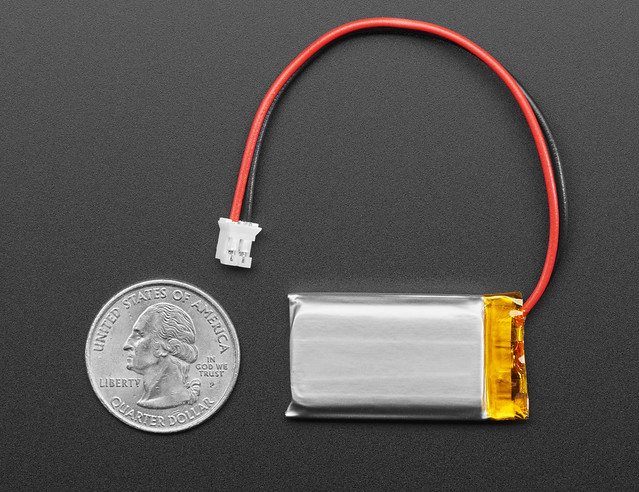Polymer Lithium Battery: The Future of Energy Storage
Manufacturing Method:
Polymer lithium batteries, also known as solid-state lithium-polymer batteries polymer lithium battery or LiPo batteries, are manufactured using a unique process that involves using polymer electrolytes instead of liquid or gel electrolytes. This allows for improved safety and stability while maintaining high energy density. The manufacturing process includes preparing the cathode and anode materials, mixing them with the polymer electrolyte, a lifepo4 lithium battery nd then assembling the battery cells.
Characteristics:
Polymer lithium-io Solar Lithium Battery n batteries offer several advantages over traditional lithium-ion batteries. Firstly, they have a higher energy density, meaning they can store more power in a smaller size. This makes them ideal for portable electronic devices such as smartphones and laptops. Secondly, these batteries have a longe

r cycle life than their counterparts, allowing for more charge-discharge cycles before their capacity starts to degrade significantly. Lastly, polymer lithium batteries exhibit better thermal stability due to their solid-state design.
Advantages:
One major advantage of polymer lithium batteries is their improved safety compare polymer lithium battery d to other types of rechargeable batteries. Since there is no liquid electrolyte present in these cells, the risk of leakage or explosion is greatly reduced. Additionally, the use of so polymer lithium battery lid-state electrolytes enhances resistance against external stresses such as vibration and impact.
Usage Methods:
Using a polymer lithium battery is quite simple – just connect it to your device’s power input port following the correct polarity (+/-). It

is important to ensure that you use compatible chargers designed specifically for these types of batteries to avoid any damage or decreased performance.
How to Choose Polymer Lithium Batteries:
1. Consider your device’s power requirements: Make sure you choose a battery with sufficient capacity (mAh) based on your specific needs.
2. Check dimensions: Ensure that the battery will fit comfortably into your device without any modifications required.
3. Verify safety certifications: Lo LiPo battery ok out for reputable brands that adhere to strict quality control standards and have rele Solid-state lithium-polymer batteries vant certifications such as CE, UL, or RoHS.
4. Consider cycle life: If you need a battery that will last for a long time without frequent replacements, opt for one with higher cycle life ratings.
5. Determine the operating temperature range: Depending on your specific application requirements, choose a polymer lithium battery that can withstand extreme temperatures if needed.
Conclusion:
Polymer lithium batteries are revolutionizing the energ Polymer lithium-ion battery y storage industry with their numerous advantages over traditional rechargeable batteries. Their manufacturing process ensures better safety and stability while offering higher energy density and longer cycle life. When selecting a polymer lithium

battery, consider factors such as power requirements, size compatibility, safety certifications, cycle life ratings, and operating temperature range to make an informed decision. Embrace this technological advancement and enjoy enhanced Lithium battery customization performance in your electronic devices while contributing to a greener future!

